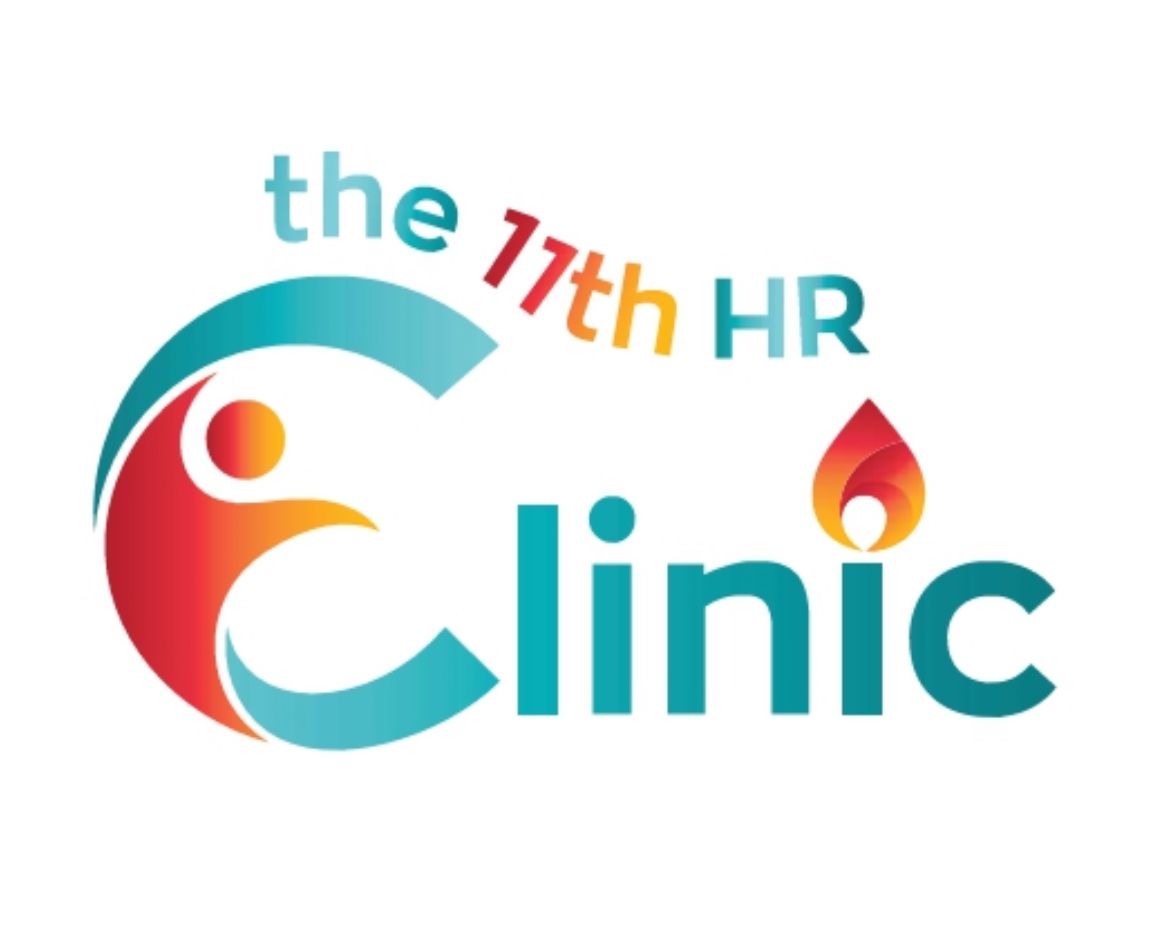Talking to Trauma Survivors
Respecting Boundaries & Holding Space
Talking to a trauma survivor requires sensitivity, patience, and respect for their experiences. People respond to trauma in different ways and it is important to not make assumptions regarding their experiences.
Talking can be helpful in some situations and not others. Many trauma survivors report that their experiences are compounded by the reactions of others, in particular when others reflect shock at the disclosure or start to talk about experiences they have had that they believe are similar.
The encoding of a traumatic memory is dependent upon a number of factors, and this is in part why post traumatic stress disorder is hard to predict in persons exposed to trauma. Not everyone who has experienced traumatic events has traumatic responses. Also, some people experience vicarious trauma, as a result of exposure to other people’s experiences of trauma. The response comes down to a number of individual factors. If you find yourself pushing a trauma survivor to get a particular type of therapy you are most likely overstepping boundaries.
If a trauma survivor provides a clear indication that they are willing to open up and talk, here are some key principles to keep in mind:
1. Create a Safe Space
- Ensure they feel comfortable and not pressured to talk
- Respect their boundaries; let them set the pace
- Avoid distractions and provide a calm, quiet environment
2. Listen Without Judgment
- Validate their feelings (e.g., "That sounds really difficult. I'm here for you.")
- Avoid dismissing or minimising their experience (avoid saying “It wasn’t that bad” or “Just move on”)
- Use active listening skills - nod, maintain eye contact (if they’re comfortable), and check you've understood what they've said
3. Avoid Forcing Them to Share
- Let them decide what, when, and how much they want to share
- Don’t push for details, as revisiting trauma can be painful
- Acknowledge their courage in speaking up
4. Use Supportive Language
- Say things like:
- “I believe you.”
- “I’m here for you.”
- “You are not alone.”
- “It’s okay to feel how you feel.”
- Avoid phrases that might invalidate their experience, such as:
- “At least it wasn’t worse.”
- “Everything happens for a reason.”
- “You should be over it by now.”
5. Be Aware of Triggers
- Certain words, places, or topics might trigger distress
- If they seem overwhelmed, help them focus on the present (e.g., deep breathing, grounding techniques)
6. Respect Their Autonomy
- Let them make decisions about their healing journey
- Avoid giving unsolicited advice (e.g., “You should do this...”)
- Instead, ask: “Is there anything I can do to support you?”
7. Encourage Professional Help (If Appropriate)
- Gently suggest therapy or support groups if they seem open to it
- Never push them into it—healing is a personal process
8. Take Care of Yourself
- Supporting someone through trauma can be emotionally draining
- Set your own boundaries and seek support if needed
Many people assume that because someone has been exposed to a traumatic event, that they will have a traumatic response. This is simply not the case. If you find yourself pushing someone to get therapy, you are overstepping a boundary. You can however provide support to someone if they choose to share their experiences with you. For many people, the responses to the events by others alter their perception of events. This is why trauma-focussed therapies are to be provided by professionals who have extensive training. For friends who wish to help assist a safe, non-judgmental environment is most important.
In a professional setting, where someone discloses a traumatic experience, then a professional response is required as per professional standards or codes of conduct in the respective industry. You provide support within a respectful, professional manner, and refer where the client agrees. Many workplaces have undertaken Mental Health First Aid courses, which help to identify when someone is in distress and coordinate support. These programs are not intended to take the role of a professional mental health worker.
Trauma-focussed approaches are inherently about creating safe and supportive spaces. Most often acknowledging and validating someone's experience may be the best thing you can do.



